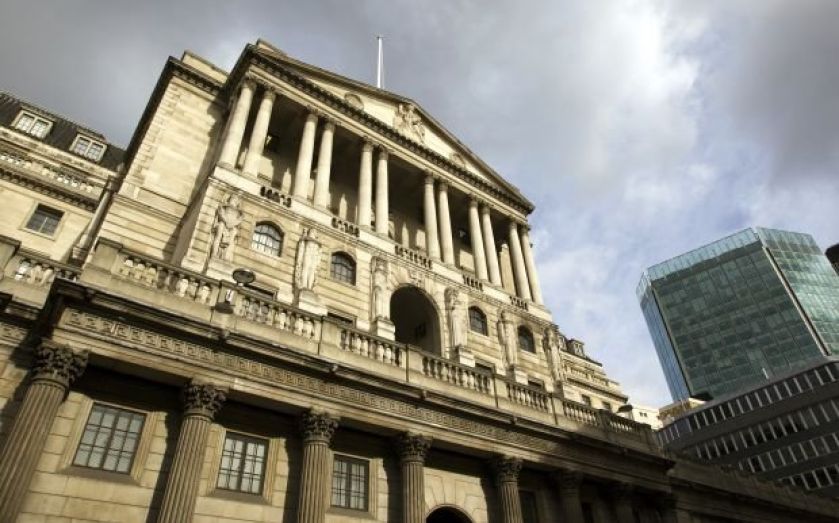Bank of England flags dismal wages as holding back interest rate hike

The Bank of England’s inflation report, released yesterday, showed off Threadneedle Street’s increasing focus on wage growth – one of the last indicators lagging behind the economic recovery, and holding off an increase in interest rates.
The Bank has slashed its forecast for the average rise in earnings this year. In the last report, the institution expected a much stronger uptick in wages, projecting an above-inflation increase of 2.5 per cent during 2014.
Now, policymakers are projecting a real-term cut in wages during 2014, halving their growth forecast to just 1.25 per cent.
Speaking about the rapid falling in unemployment over the past year, governor Mark Carney said: “These developments point to the economy being able to sustain a higher level of employment and lower rate of unemployment without generating additional inflationary pressures.”
He added: “Continued low wage growth has enabled firms to expand their margins despite the sharp increase in employment.”
An analyst at Fathom Consulting suggested that wage growth had become “something of an intermediate target” for the Bank, adding that the official set of data was a “notoriously erratic measure of wage inflation”.
While Office for National Statistics (ONS) figures on earnings growth yesterday were the weakest in five years for the quarter between April and June, some economists noted that there was a policy distortion.
The change in the upper rate of tax during April last year had an affect on the figures. While wages dipped by 0.2 per cent on the year when bonuses were included, there as actually a 0.6 per cent increase when only regular earnings were considered.
“April’s annual rate was distorted down by delayed bonus payments in 2013 as the government cut the top rate of tax. Given these base distortions, it may be more informative to look at monthly rates of growth in regular pay,” said George Buckley of Deutsche Bank.